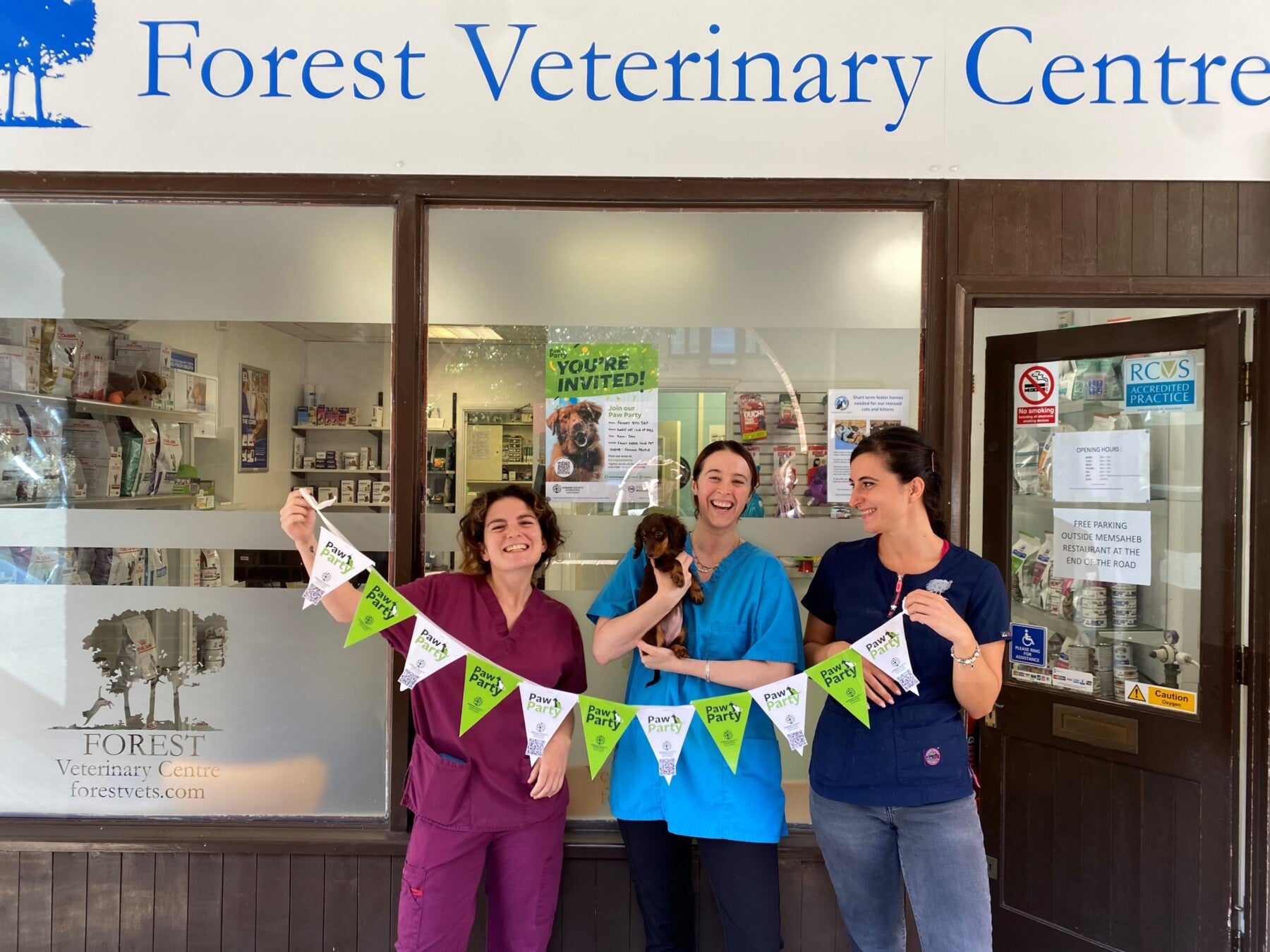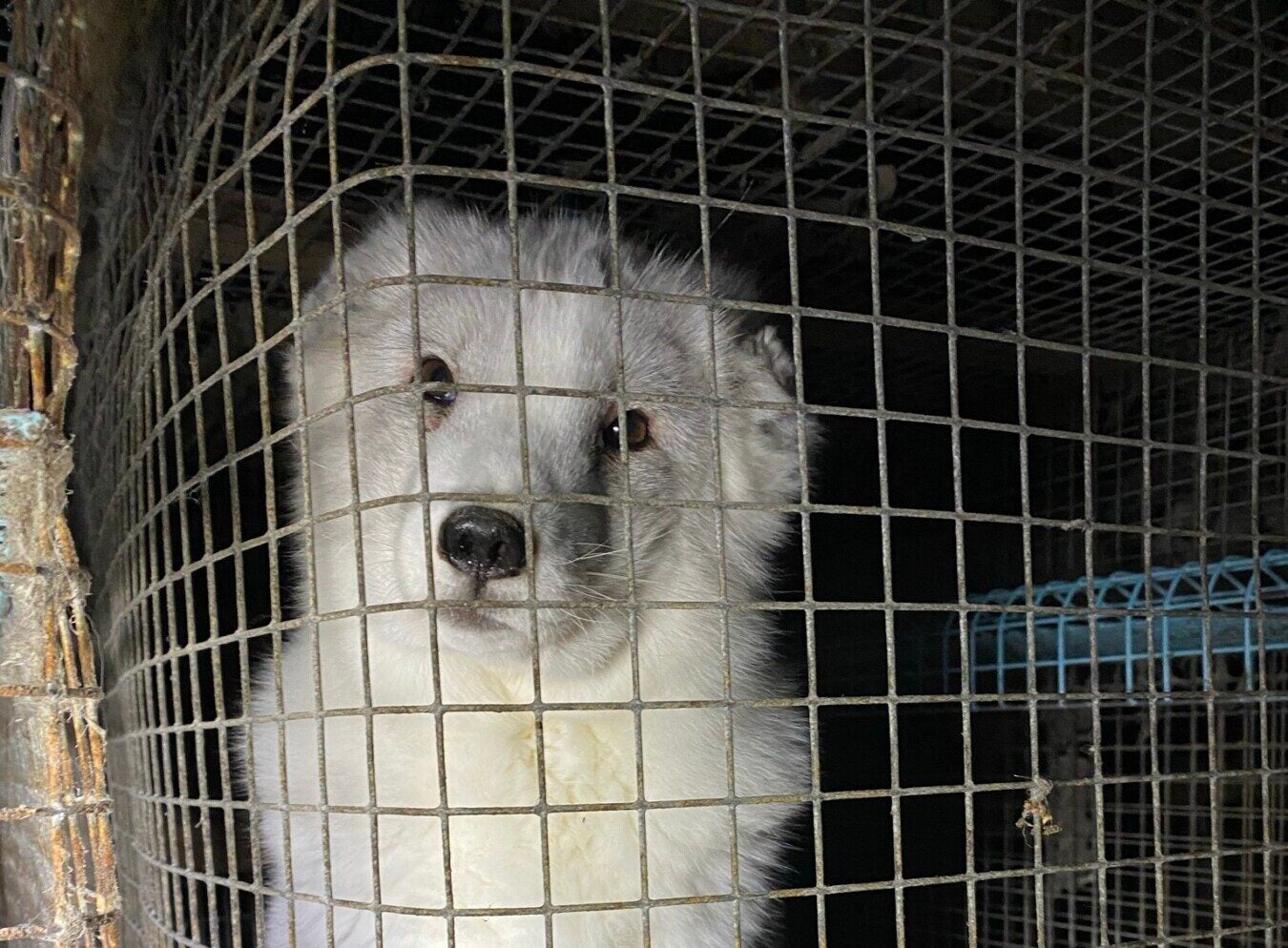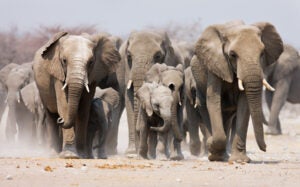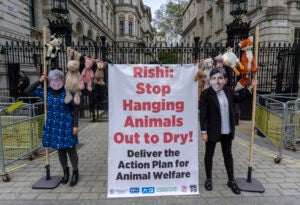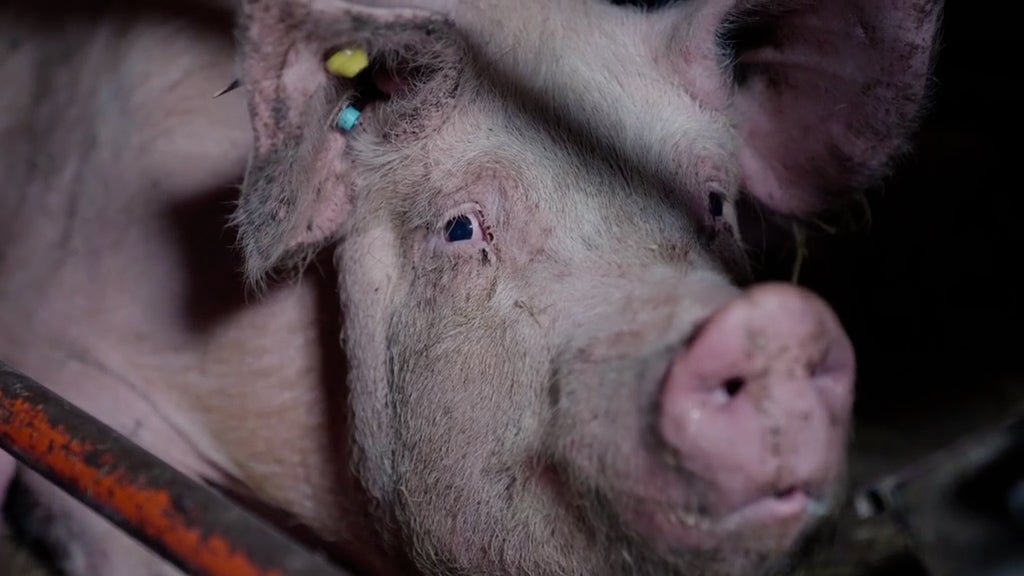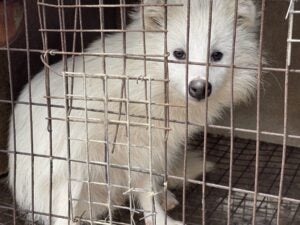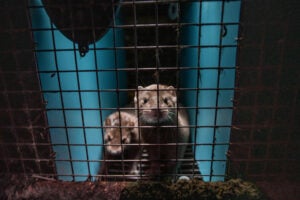
LONDON―Virologists from Imperial College London’s Department of Infectious Disease have warned of the public health threat posed by the global fur trade, after outbreaks of avian flu (H5N1) on mink and fox fur farms in Spain and Finland increased fears that fur farms could act as reservoirs of zoonotic diseases. In an article published in the scientific journal Proceedings of the National Academy of Sciences, Professor Wendy Barclay, head of the Department of Infectious Disease and chair in Influenza Virology at Imperial College London, and Dr Thomas Peacock, a virologist in the Department of Infectious Disease at Imperial College London, warn that mink farming poses a risk for the emergence of future disease outbreaks and should be considered in the same risk level category as the bushmeat trade and live animal markets. The UK banned fur farming in 2000 but still imports fur from other countries including Finland, Spain, Canada and Poland, leading animal protection organisation Humane Society International/UK to call for a UK fur import and sales ban.
In the PNAS article, Dr Peacock and Professor Barclay write that “fur farming takes place in a high-density animal environment that allows for rapid spread of viruses with pandemic potential—and for virus adaptation to animals that would be unlikely to occur in nature.” Minks are highly susceptible to infection with several viruses that also infect humans, and the article draws attention to the many outbreaks of SARS-CoV-2 (the causative agent of COVID-19) that have been identified in farmed mink in Europe and North America since 2020.
The PNAS article comes as animals including minks and foxes tested positive this month for highly pathogenic avian influenza H5N1 on 10 fur farms in Finland, with more farms under suspicion for the virus and awaiting test results. In October last year, the first recorded outbreak of avian flu on a fur farm took place—on a Spanish mink fur farm intensively breeding 52,000 mink, reigniting calls for an end to global fur farming, and for the UK to take action by ending fur imports. Reports in Science and Nature have raised fears that the avian flu virus could be demonstrating the potential to mutate and spread mammal-to-mammal, which in turn increases concerns of a future pandemic. Thomas Peacock was quoted saying that the outbreak is “incredibly concerning” and “a clear mechanism for an H5 pandemic to start.”
Peacock and Barclay go on to say in the PNAS article: “Fur farming is banned across many European countries and North American states or territories. Several other regions have set dates for phasing it out. These bans have historically been a response to ethical concerns about the treatment of these animals. We strongly urge governments to also consider the mounting evidence suggesting that fur farming, particularly mink, be eliminated in the interest of pandemic preparedness. Fur farming should be in the same category of high-risk practices as the bushmeat trade and live animal markets. These activities all increase the likelihood of future pandemics.”
Fur farming has been illegal in the UK since the Fur Farming (Prohibition) Acts came into force in 2003. Despite this, HMRC records show that £41,970,308 of fur was imported to the UK in 2022, from countries including Italy, China and France. Humane Society International/UK leads the #FurFreeBritain campaign urging the Government to end this double standard by banning imports and sales of fur in the UK.
Claire Bass, senior director of campaigns and public affairs at HSI/UK, said: “In addition to the appalling suffering animals on fur farms are subjected to as fashion victims, the fur trade also poses a very real danger to public health. These very worrying outbreaks of avian flu on fox and mink farms in Spain and Finland follow many hundreds of outbreaks of the COVID-19 virus on fur farms across Europe and North America and show that factory farming animals for fur is playing Russian roulette with public health, for an entirely frivolous product. The UK led the way by banning fur farming two decades ago, but to stop being complicit in this cruel and risky trade we need to ban fur imports and sales too. A fur trade ban has the backing of over three quarters of the public, more than 250 cross-party MPs and Peers, and now virologists are also advising we call time on fur. The Government has been dragging its heels on fur for years, but stopping the global fur trade from creating the next pandemic demands decisive and urgent action.”
National polling in April 2022 shows that 77% of people in Britain think the Government should ban the import of animal products such as fur, where the production methods are already banned in the UK. More than 1.1 million petition signatures have also been gathered.
In May 2021 the UK Government launched a Call for Evidence on the UK fur trade, with the stated intention of using the findings to inform possible future action. Almost 30,000 responses were submitted before the consultation closed in June 2021, but over two years on, officials are yet to release the results or set out a policy response.
ENDS
Media contact: Sally Ivens, senior specialist media and communications for HSI/UK : sivens@hsi.org ; 07590 559299
Notes:
- Since April 2020, mink on 487 fur farms across North America and Europe have been reported as having tested positive for SARS-CoV-2. The virus has been shown to pass from mammal to mammal on intensive mink fur farms and reports of farmed mink to human transfer has been reported in at least six countries. The most recent outbreaks were recorded in Poland in March 2023 and in Italy in April 2023.
- In its Action Plan for Animal Welfare in 2021, the Government stated: “Fur farming has been banned on ethical grounds in England and Wales since 2000, and since 2002 in Scotland and Northern Ireland. Whilst there are existing import restrictions on seal, cat and dog fur, it is still possible to import other fur from abroad, so we will explore potential action in this area.”

